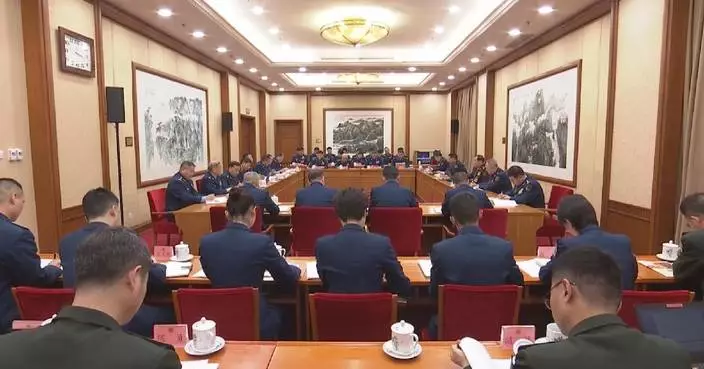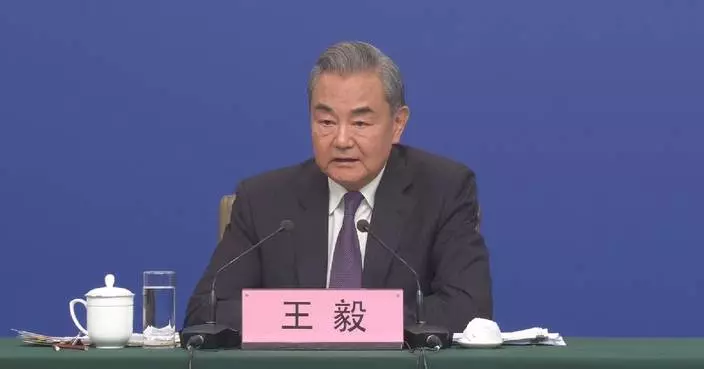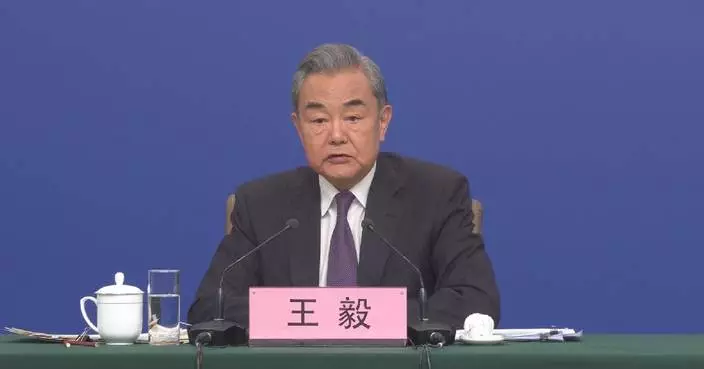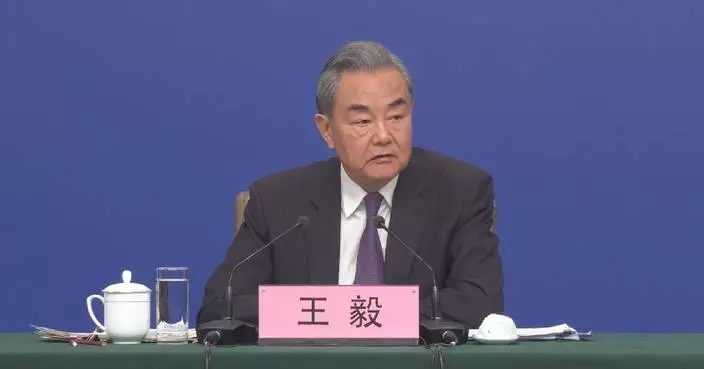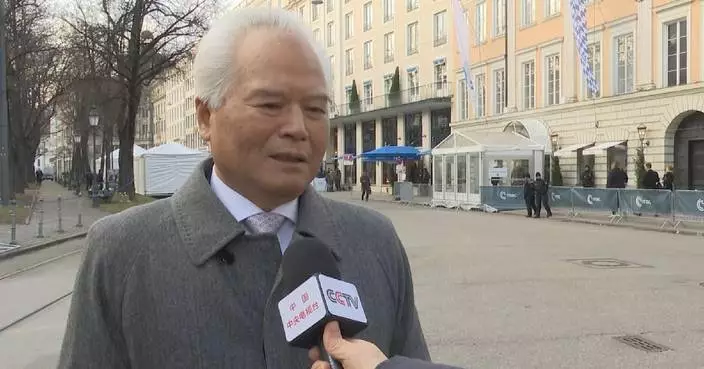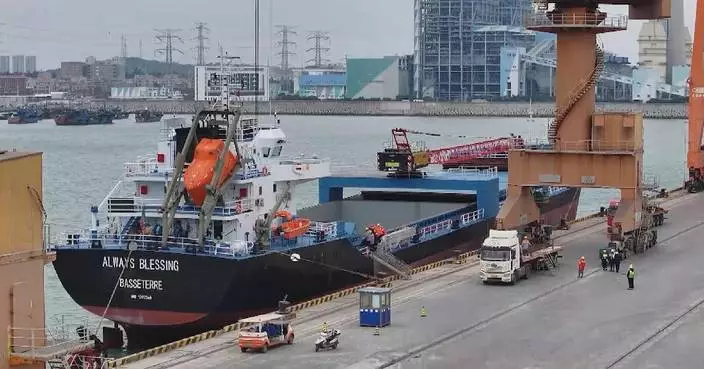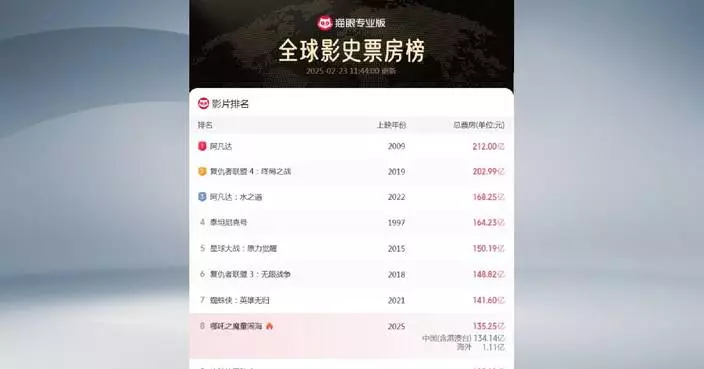Reservoirs in South Korea's Gangwon-do Province are facing severe water shortages, with storage levels far below the national average and with some reservoirs nearly dry, as the scorching heatwave continues to rage across the country.
A reservoir near Gangneung City, once a wide lake providing water for domestic and agricultural use, has now shrunk to a narrow stream due to insufficient rainfall, and large portions of the reservoir bed are now exposed to sunlight.
Currently, many reservoirs in the Gangwon-do region have seen water storage rates running below 40 percent, much lower than the national average of 61.7 percent.
This year, Gangwon-do has received only about 70 percent of its usual rainfall. In the Gangneung area, the total precipitation over the past 30 days was just 43 millimeters, which is only 9.3 percent of the amount from the same period of last year. The Korea Meteorological Administration has reported no indications of heavy rain in the area recently, raising more concerns over the reservoirs' ability to maintain normal water supplies if the dry conditions persist.
Meanwhile, high temperatures have also severely impacted agriculture and aquaculture in South Korea. In Gangwon-do, peach growth is poor due to the lack of rainfall, while on Jeju Island, only 20 percent of carrots sown last month have germinated.
In addition, from June 11 to Aug 18, over 900,000 poultry and livestock have died due to the intense heat, 2.6 times higher than the same period of last year. Moreover, more than 1.5 million fish in ponds have died due to excessive water temperatures, surging 190 percent from the same period of last year, according to data from South Korea's Ministry of Security and Public Administration.
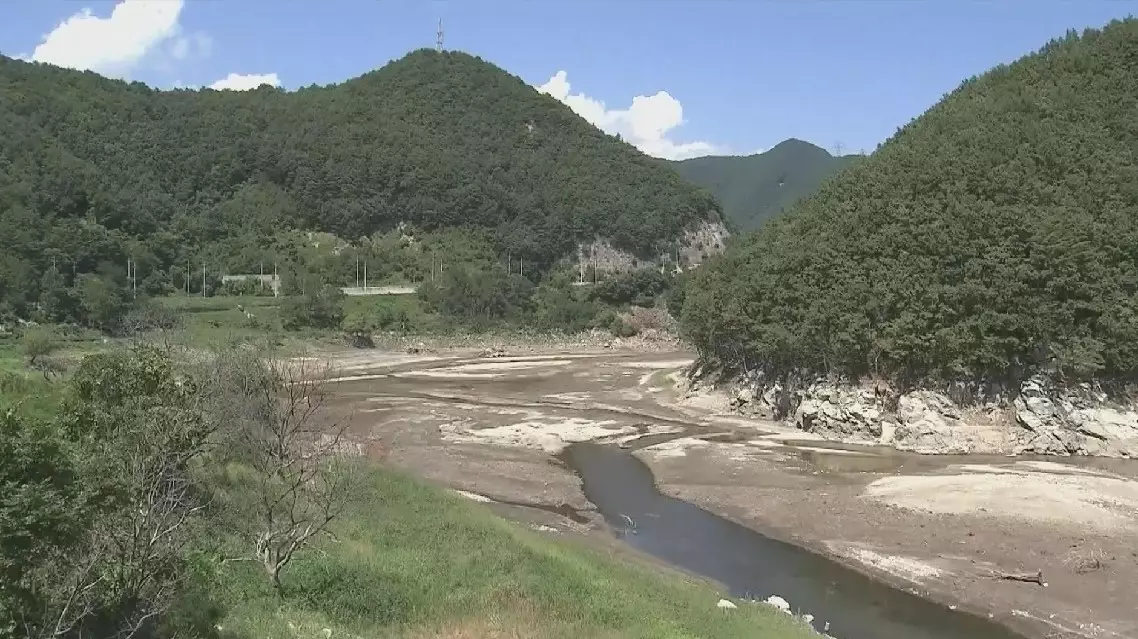
Reservoirs in South Korea's Gangwon-do face severe water shortages as heatwave persists
The government work report submitted Wednesday to China's national legislature for deliberation highlighted the importance of reducing logistics costs to enhance economic efficiency and industrial competitiveness, while also emphasizing the critical role of logistics in stabilizing foreign trade, said industry experts.
Chinese Premier Li Qiang delivered the government work report on Wednesday at the opening meeting of the third session of the 14th National People's Congress (NPC).
The work report called for efforts to accelerate the development of a unified and open transportation market and implement a nationwide initiative to lower logistics costs, a move experts say, is crucial for high-quality economic growth.
The initiative aligns with the Chinese authorities' Action Plan for Effectively Reducing Logistics Costs, released in November 2024, and the relevant directives from the Central Financial and Economic Affairs Commission. Over 10 of the 31 provincial-level regions in the Chinese mainland have already worked out specific local measures for implementation.
"According to the action plan for effectively reducing logistics costs, the goal is to lower the logistics cost-to-GDP ratio to 13.5 percent by 2027. Achieving this target would cut the nation's total logistics costs by over 1 trillion yuan (138.2 billion U.S. dollars) annually, significantly boosting economic efficiency," said Cai Jin, president of the China Federation of Logistics and Purchasing (CFLP).
The initiative also aims to modernize supply chains, streamline production processes, and reduce unnecessary costs, ultimately boosting the competitiveness of the real economy, experts say.
The government work report also highlighted the role of logistics in stabilizing foreign trade and advancing cooperation in joint construction of the Belt and Road. To boost cross-border e-commerce, the report called for improving international delivery systems and expanding overseas warehouse networks.
In 2024, China's cross-border e-commerce imports and exports grew by 10.8 percent to 2.63 trillion yuan (363.5 billion U.S. dollars), driven by rapid growth in air freight, freight forwarding, and overseas warehousing. Chinese companies have built over 2,500 overseas warehouses, covering a total floor space of more than 30 million square meters.
Additionally, the government work report stressed the need to ensure stable operation of the cross-border China-Europe freight train transport service and to accelerate development of the Western Land-Sea New Corridor.
As Chinese manufacturing companies expand globally, logistics firms are increasing investments in traditional markets like Europe and the United States, as well as emerging markets in Southeast Asia, Mexico, and the Middle East, experts say.
"As our industries go global, logistics and supply chains will play a crucial supporting role, especially in procurement and resource supply. Ensuring the security of logistics and supply chains is essential in the course of overseas investments. We must strengthen the construction of the international logistics system to enhance the resilience and security of our overseas investments," Cai said.

China prioritizes logistics efficiency to enhance competitiveness, global trade

China prioritizes logistics efficiency to enhance competitiveness, global trade



















